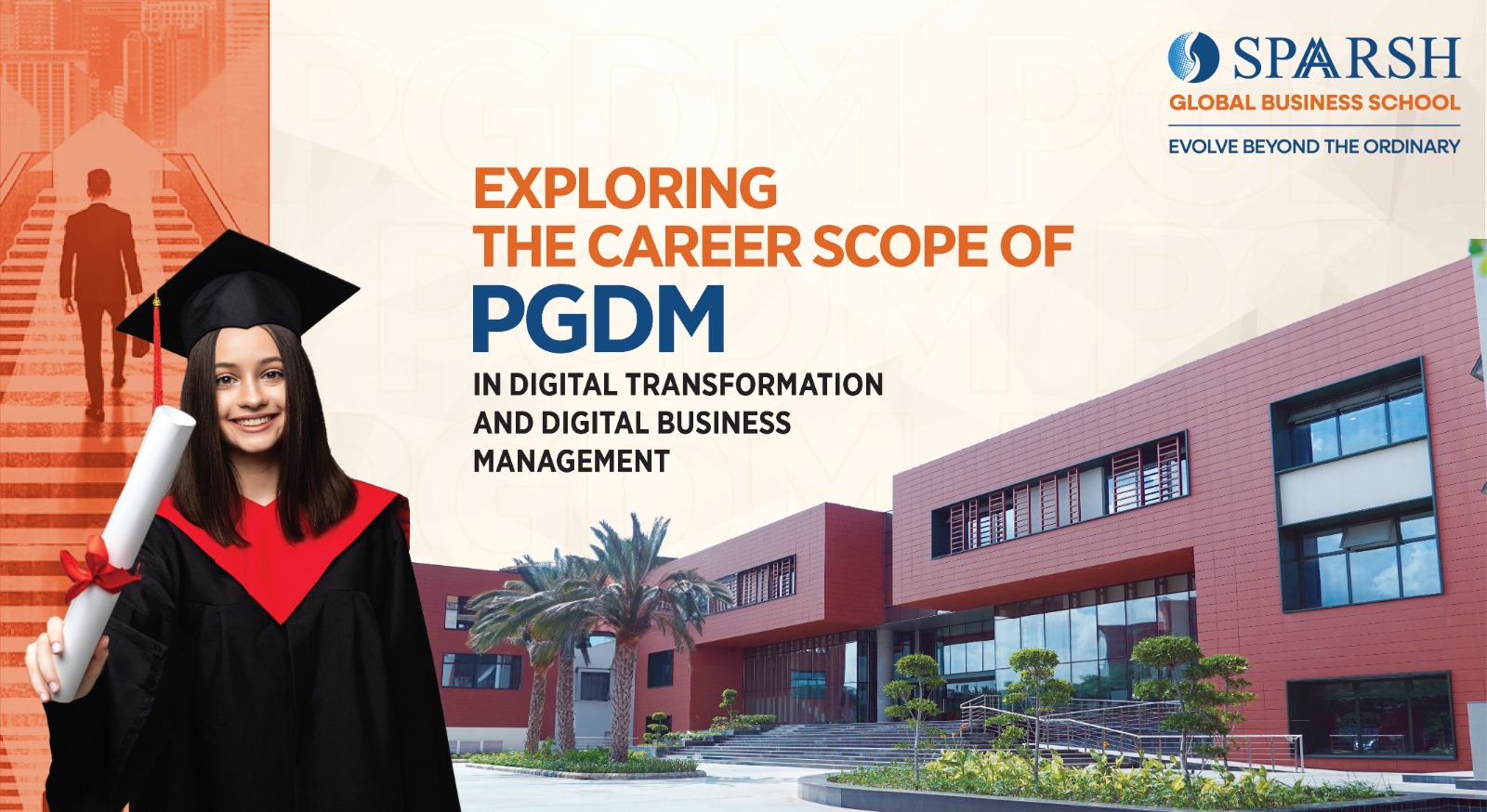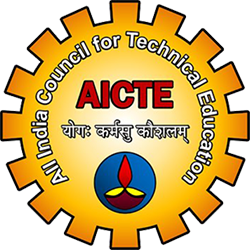Technology has transformed how companies operate. When technology improves, business process improvements happen and organisations think differently about their business models. To meet the needs of this developing world, schools are now offering specialised courses to train upcoming leaders in digital fields. The Postgraduate Diploma in Management (PGDM) in Digital Transformation and Digital Business Management is gaining widespread appeal.

This programme teaches students the skills to lead digital projects and reform businesses. It uses modern technology and basic management principles, creating experts who drive transformation in several fields. There is a fast-growing need for people skilled at handling digital disruption and this specialised PGDM provides access to many new jobs.
Understanding Digital Transformation and Digital Business Management
When a business adopts digital technologies across every part of the organisation, it significantly changes how it functions and serves its customers. Being tech savvy is only a part of this; businesses must also rethink their culture, regularly try new things and adjust more quickly to what customers want.
On the other hand, digital business management centres on guiding companies that mostly use digital tools and resources. Sectors in this area cover e-commerce, fintech, digital marketing, cloud computing, data analytics, artificial intelligence and others. Experts in this profession are accountable for creating strategies, carrying them out and supervising digital activities to assist in business growth and in engaging customers.
Curriculum and Skills Acquired
The PGDM in Digital Transformation and Digital Business Management typically offers a blend of management fundamentals with specialised subjects such as:
- Digital Strategy and Innovation
- Data Analytics and Business Intelligence
- Artificial Intelligence in Business
- Cloud Computing and Cybersecurity
- E-commerce and Digital Marketing
- Agile Methodologies and Project Management
- Blockchain and Financial Technologies
- Design Thinking and User Experience
Individuals in these courses work on their analytical, problem-solving and decision-making skills. They develop the ability to judge current technology trends, forecast their effects on business and bring different teams together to handle complex digital activities. Students learn about vital soft skills such as communicating, cooperating and adapting to keep up in a digital workplace.
Career Opportunities
Completing the Programme helps graduates become suitable for popular IT, finance, retail, healthcare, manufacturing and consulting careers. The following are a few essential job profiles:
- Digital Transformation Consultant: Gives organisations recommendations on integrating digital tools to boost their productivity and customer satisfaction.
- Business Analyst – Digital Projects: Examines data to drive digital strategies and help the business succeed.
- Product Manager – Digital Platforms: Supervises the development and progress of digital products and services throughout their lifecycle.
- E-commerce Manager: Oversees the company’s online marketplace and online advertising programmes.
- Data Analyst/Data Scientist: Helps stakeholders discover insightful information needed for making big decisions.
- Digital Marketing Strategist: A Digital Marketing Strategist prepares and carries out advertising plans across different platforms.
- IT Project Manager: This position is responsible for implementing digital systems and overseeing their successful integration with the business.
More businesses using digital methods means the job market is now open to smaller organisations. People skilled in digital transformation are in high demand by start-ups, smaller companies, government and non-profit organisations.
Industry Relevance and Future Outlook
Digital transformation became crucial when the COVID-19 pandemic arrived and increased the use of technology in various fields. People have become comfortable working remotely, meeting with others through the internet, attending classes from home, talking to doctors using video calls and paying using digital tools. Because of this, digital skills will continue to remain relevant, so learning them will help anyone seeking employment.
With technologies like AI, IoT and robotics coming together during the Fourth Industrial Revolution, companies now require digitally literate leaders. World Economic Forum research highlights that digital business skills will be vital in future jobs, so specialised master's programmes in this area are in high demand.
Conclusion
Earn the PGDM in Digital Transformation and Digital Business Management and you will be well-positioned to lead businesses into the future. Drawing on old and new approaches, the school provides its graduates with the skills to lead transformations and generate value in a rapidly adapting environment.
Aspiring business leaders can gain a decisive advantage from this programme and be central to digital change. Organisations introducing such fresh programmes help prepare individuals for work in tomorrow’s world. Because of its dedication to learning and industry skills, Sparsh Global Business School is ideal for students starting their journey. By supporting leaders of tomorrow, Sparsh Global Business School plays a vital role in the digital economy and helps students achieve their career goals in a faster digital world.
FAQ:
- What differentiates a PGDM in Digital Transformation and Digital Business Management from a traditional MBA?
A PGDM in Digital Transformation and Digital Business Management focuses on integrating emerging technologies with core business functions. While a traditional MBA covers general management principles, this PGDM offers specialised subjects such as digital strategy, AI, data analytics, e-commerce and cybersecurity. It prepares students to lead digital initiatives and manage businesses in tech-driven environments, giving them a competitive edge in the modern job market.



